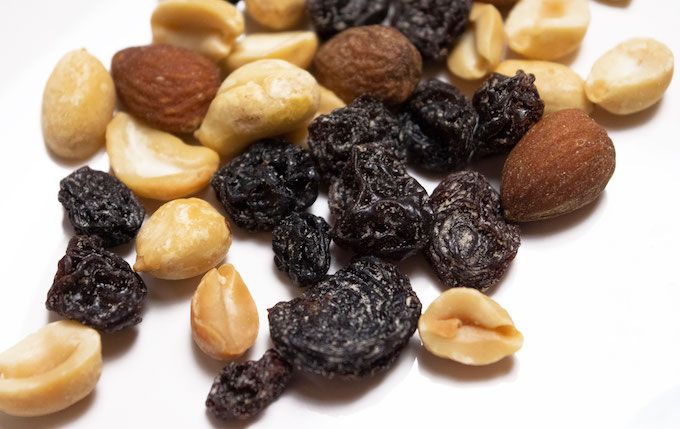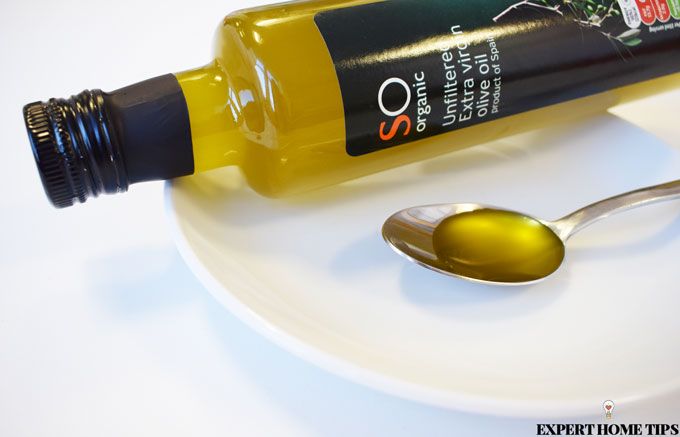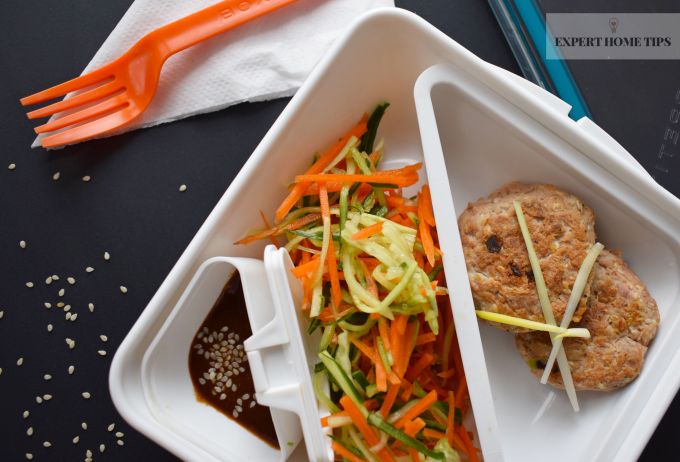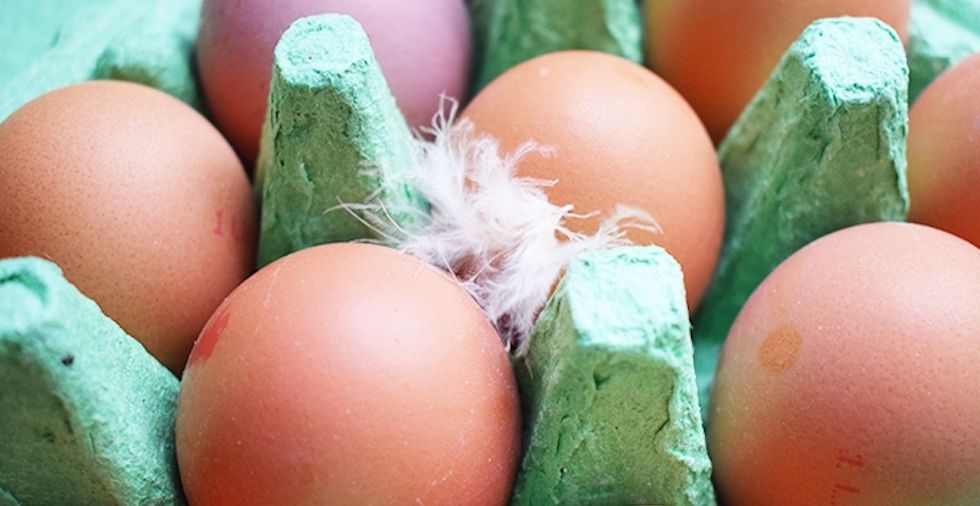As a dietitian based in Surrey, our guest author Claire W has over 10 years of experience both with adults and children. She runs various clinics at the BMI Runnymede Hospital in Chertsey, The BMI Syon Clinic in Middlesex and The Priory Hospital in North London. Claire regularly sees patients with allergies, coeliac disease, weight management issues, irritable bowel syndrome (IBS) and eating disorders.
Time and time again, the Mediterranean diet has been shown to have benefits on a huge variety of diseases: diabetes, cardiovascular disease, Alzheimer’s disease, improve blood pressure and help with weight management. One of the things that the Mediterranean diet is known for is its use of olive oil, vegetables, and fish. So what is it about these foods that has a protective effect?
Let’s go back to the basics.
Did you know that the human brain is 60% fat? The specific types of fat that are used are the types that are found in the Mediterranean diet - Omega 3, Omega 6 and their derivatives. In fact, 6-10% of this 60% should be an Omega 3 derivative: DHA (Docosahexaenoic acid).
So what are fatty acids Omega 3 and 6 essential for?
They have many effects on cell signalling, affecting systems including endocrine, cardiovascular and immune.
So what is their impact on brain function and development?
Omega 3 EPA and DHA specifically impact on the following:
- Reduce inflammation
- Reduce blood clots
- Relax blood vessels
- Vision – 30-50% of our retina is made up of DHA.
- IQ levels of the unborn baby, particularly in preterm infants
- Potentially to help reduce the risk of maternal depression
What do the Omegas 3 and 6 mean for you in dietary terms?

Unsaturated fats. More specifically, we are looking at the Essential Fatty acids Alpha-linolenic Acid (ALA) and Linoleic Acid (LA). They are referred to as Essential Fatty Acids (EFA) because the body cannot make them, so they must therefore come from our diet. Of these, possibly the most important group is the Highly Unsaturated Fatty Acid group (HUFA).
Monounsaturated fats (MUFA) are found in Omega 7 and Omega 9 (olive oil).
Polyunsaturated fats (PUFA) are found in Omega 3 and Omega 6.
Omega 3 (ALA) is found in green leafy vegetables, some nuts and seed (flax, hemp, rapeseed, chia and walnut). Short chain Omega 3’s – ALA is not a substitute for highly unsaturated fatty acids like DHA (ISSFAL Consensus Statement, 2009).
Omega 6 (LA) is found in vegetable oils, seeds, nuts and grains.
Highly Unsaturated Fats (HUFA) are found in DGLA, Arachidonic Acid (AA), Eicosapentaenoic Acid (EPA) and Docosahexaenoic acid (DHA). These are arguably THE most important fats. They are made from the essential fatty acids ALA and LA. However, this process is not as good as we thought. This is because:
- Saturated fats, trans fats and hydrogenated fats all compete with ALA and LA.
- Lack of important vitamins and minerals in the body that support the conversion process
- Stress, including oxidative stress caused from excess alcohol and smoking
- Viral infections
- Testosterone – men are least efficient at this conversion process
- Genetics
So what does this mean on a day-to-day basis for you?

Well, we should still eat foods rich in AA (green leafy vegetables, some nuts and seed (flax, hemp, rapeseed, chia and walnut) and LA (vegetable oils, seeds, nuts and grains) but you should not assume that this will be enough to make the required levels of EPA, DHA, DGLA and AA that our brains and bodies so desperately need.
As we have already said, ALA is not an effective substitute for DHA. Therefore, we need to increase the foods that directly supply these Highly Unsaturated Fats.
In the UK, intakes of HUFA are well below the required levels. So where do we find them?

Omega 3 EPA and DHA can be found in fish and seafood.
Omega 6 AA can be found in meat, egg and dairy.
Is it only Omega 3 that is provided by fish and seafood?
No. Plenty of other important nutrients are found in fish:
- Selenium
- Iodine
- Zinc
- Vitamin D (small amounts if wild salmon)
- B vitamins
- Iron
- Source of protein which is low in saturated fat
Summary
Seeing as our body doesn't make highly unsaturated fatty acids EPA and DHA very well, eating fish a couple of times a week, plus one oily fish portion is the only way to get it.
Although, some ALA found in green leafy vegetables, walnuts, almonds and peanuts, linseeds, soya products and rapeseed can still be converted into EPA and DHA.
Salmon, trout, mackerel, herring, sardines, pilchards, kippers, eel, whitebait, tuna, anchovies, swordfish, sprats are all oily fishes and will contain the highest amounts of Omega 3s. But white fish such as cod, plaice, monkfish, lemon sole, seabass, and haddock will also still contain some too.

Shellfish is also another source of Omega 3. Prawns, crab and lobster can also be on the menu. Just be a little more mindful if you struggle with cholesterol as these all contain dietary cholesterol, so if you were concerned you should see a dietitian. Mussels, scallops and clams also contain Omega 3 but have low levels of dietary cholesterol.
Make sure you have a good variety of fish each week and no more than 1 to 2 portions of oily fish each week.
If you don’t eat fish, consider supplementing your diet with EPA and DHA. A daily intake of ~500-1000mg is suggested. Be careful though that these supplements don’t contain high levels of vitamin A, or Omega 9 which can be harmful in high levels.
If you are taking blood-thinning medications such as aspirin or warfarin or heparin always consult your GP before switching to an oil supplement.
If you are pregnant, the rules are slightly different. Intakes of swordfish, marlin or shark should be avoided. No more than 2 portions of oily fish a week and limit intakes of tuna.


Leave a Reply